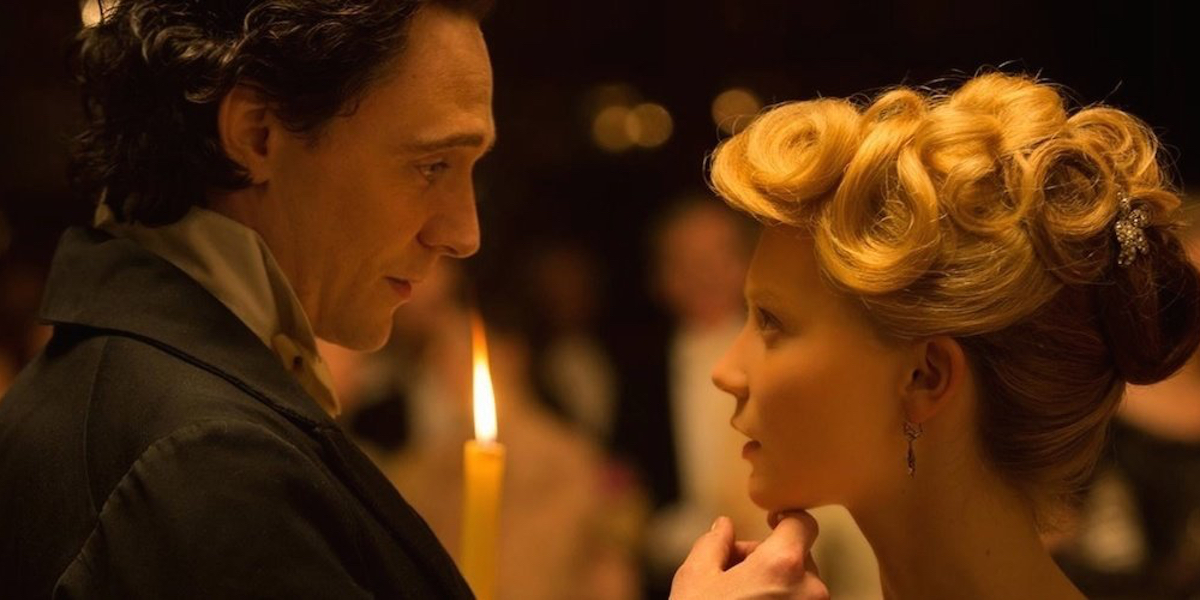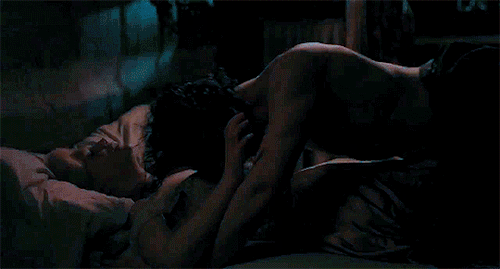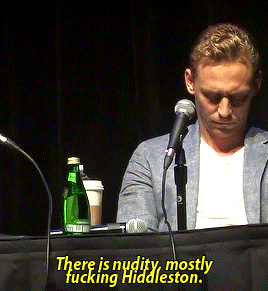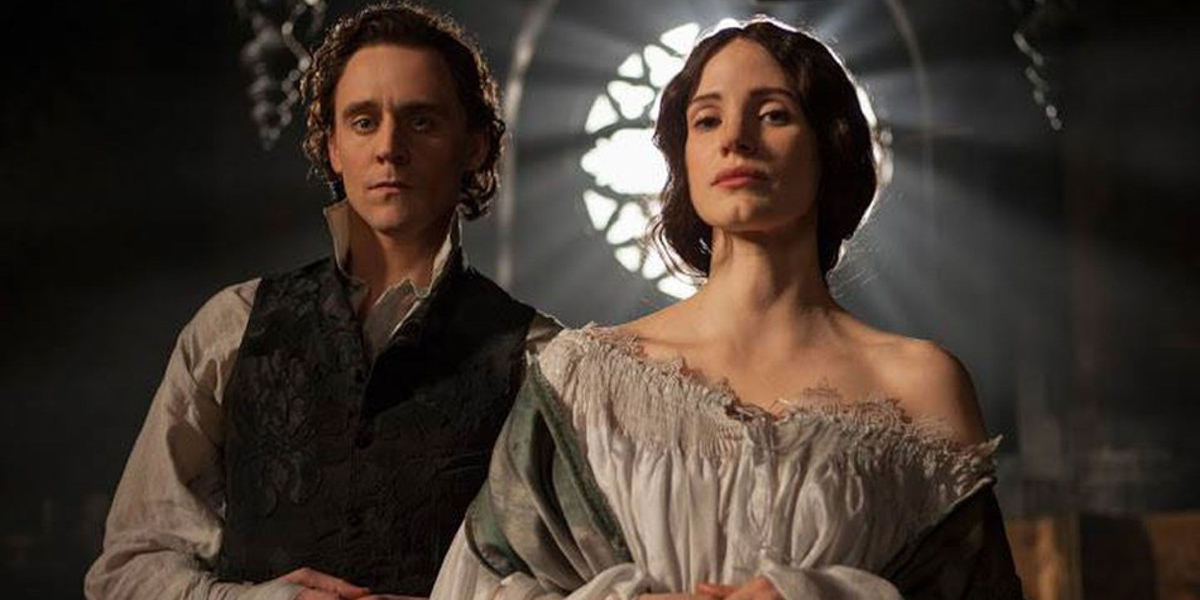It’s easy to forget Crimson Peak, Guillermo Del Toro’s lush gothic romance that drips with scares and sexuality. The film’s marketing campaign billed it as a horror film rather than a romance, and so audiences expecting a scarefest were instead treated to a different sort of tale. While it does have its devoted fans—including master of horror Stephen King—it’s not considered one of the most notable films in the now-Best Picture/Best Director Oscar-winning Del Toro’s canon, which is a damned shame since it is one of his most feminist works.
The plot is simple for a gothic romance: Edith (Mia Wasikowska) dreams of becoming a published author, until she’s swept off her feet by the dashing Sir Thomas Sharpe (played by your boyfriend Tom Hiddleston). He whisks her away to his family manor in England, the titular Crimson Peak, where he and his sister Lucille (Jessica Chastain) try to retain their family’s fortune. But as all good gothics go, Edith discovers there’s more to the story than meets the eye after she begins seeing ghosts around the frighteningly empty house.
A ghost story, a love story, there is nothing Del Toro cannot do. Including adding a surprisingly feminist subplot in a film that could’ve just been a regular tale with no underlying social commentary. Spoilers for a film that’s been out since 2015 will follow, so be cautious.
The female characters are absolutely the stand-outs of the film. Edith is no wilting damsel—she pursues her dreams with a fervor and chases down leads and clues when she’s on her own in the house. She refuses to be swayed from her pursuit of the truth, and when her life is in danger she stands up for herself and takes action.
On the flip side, Lucille is every inch a powerful villainess. She’s calculating and cruel, with a twisted beating heart. It’s a fun, rich role and Chastain tackles it with nuance.

It is the male characters who don’t have all that much to do. Charlie Hunnam plays Thomas’s rival for Edith’s affections and he has little to do except to figure out that Thomas and Lucille are up to no good and then be in distress for the rest of the film. Thomas is entirely shaped by the women in his life. His love for Edith and his love for Lucille define him; he has no real motivations outside of them. While this does not necessarily a strong character make, it’s a fascinating inversion to see a man defined by powerful women rather than vice versa.
The pivotal sex scene in the film, when Edith and Thomas consummate their marriage, is also filmed in an incredibly feminist manner. Edith barely disrobes, while we see a lot of Thomas’s body. It’s all about Edith’s pleasure too, as we see Thomas kiss his way downwards. Later, Edith reverses their positions so she’s on top, and the camera focuses on her face as she clearly enjoys herself. Thomas’s pleasure is secondary in the scene, and we don’t focus as much on his face and emotions.
This was intentionally done to flip gender expectations around. Hiddleston spoke in an interview about the need for sexuality in the film, as well as why he and Del Toro wanted to show more of his character’s nakedness than his female counterpart. “It’s so often in movies that women are more naked than men and that’s unfair. We wanted to sort of redress the balance,” he said to E! during the 2015 press tour for the film, proving once more why he’s still a good choice for being the Internet’s Classy British Boyfriend.

Del Toro’s stylistic and narrative choices are also not simply reading too much into the text in an attempt to give a more socially conscious reading of the piece. He also has spoken at length about the film and his decision to focus more on lady characters. While promoting the film at SDCC, he spoke about wanting to make a gothic romance that “hasn’t been made for a while” and how “it’s a female-centric movie with strong protagonists.” He went on to say that “it has twists that, shall we say, are more gender-liberating.”
And it’s true. The film is all about Edith and Lucille, who are foils for each other in every way from narrative to visual. Thomas is secondary to both of them and is shaped and defined by their actions, rather than his own. The film itself is stunningly beautiful but it is the powerful performances that separate it from the crowd, and it should be hailed as one of the more feminist horror films out there, with Edith a completely badass final girl and Lucille a fantastic horror villain.
The film deserves more respect in the canon, and it’s time to recognize it as the somewhat subversive masterpiece Del Toro intended it to be.

(Image: Mashable)
Want more stories like this? Become a subscriber and support the site!
—The Mary Sue has a strict comment policy that forbids, but is not limited to, personal insults toward anyone, hate speech, and trolling.—








Published: Jul 6, 2018 03:39 pm